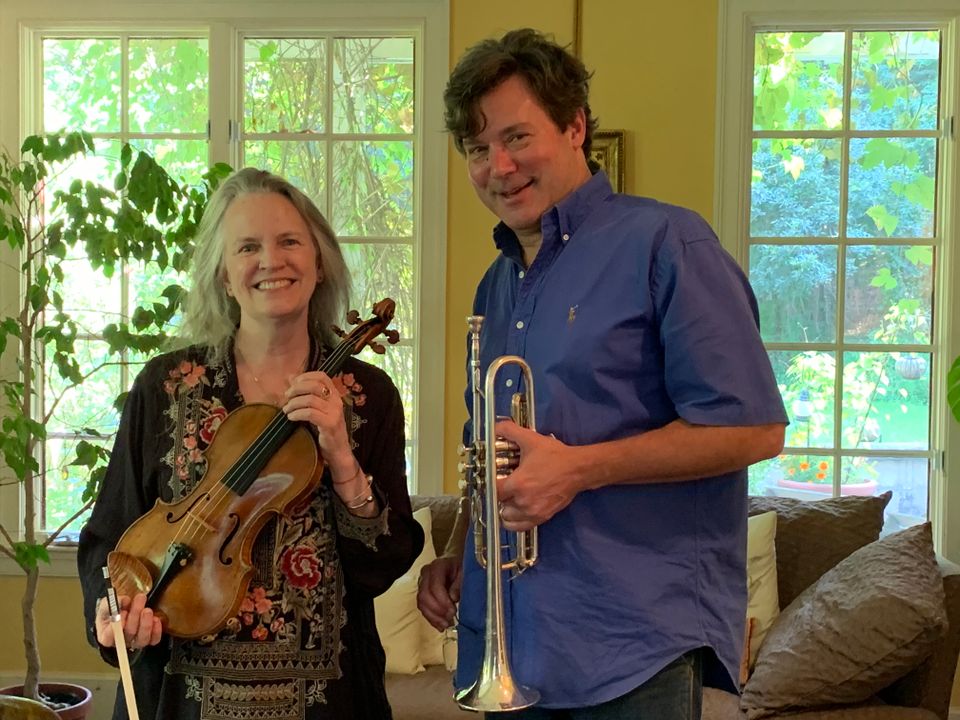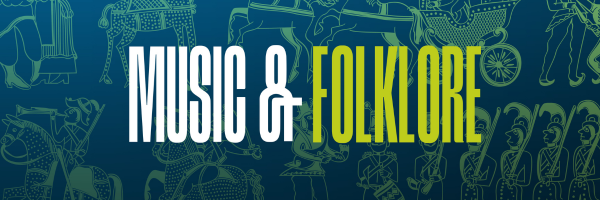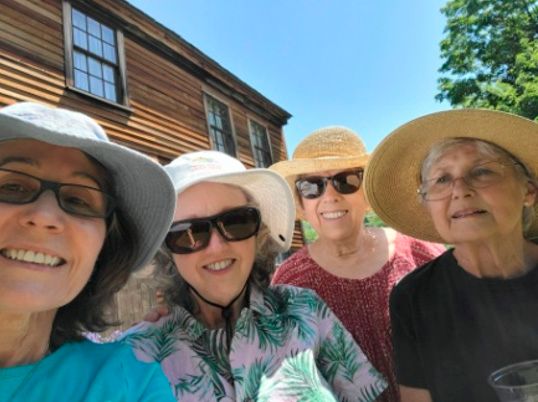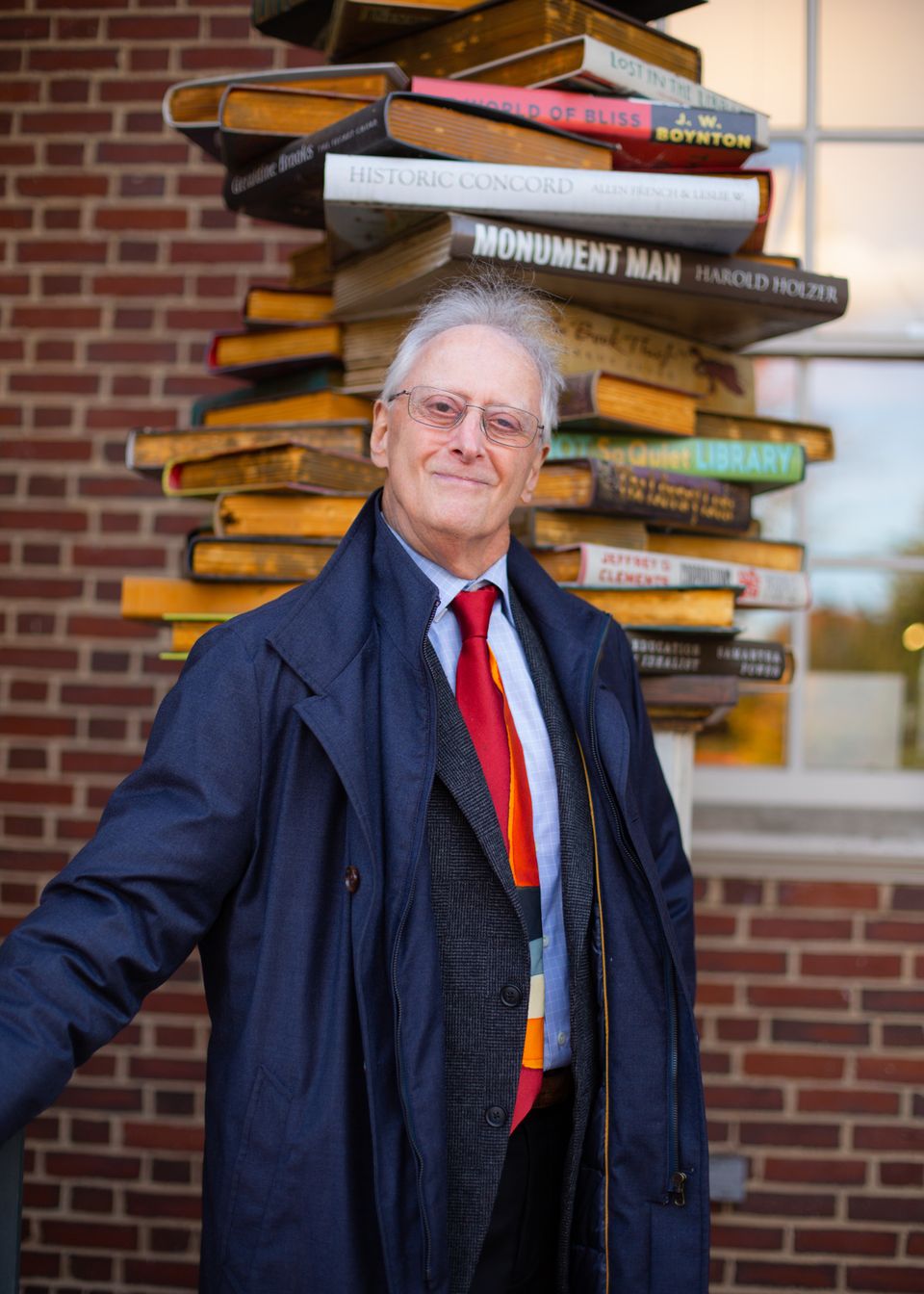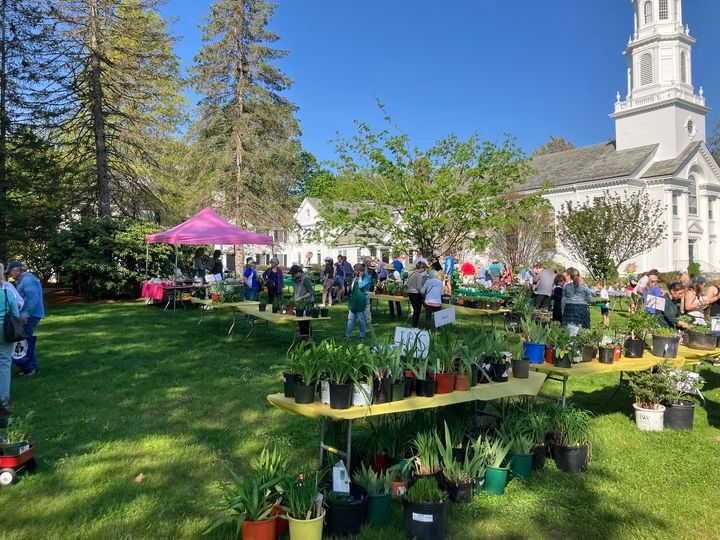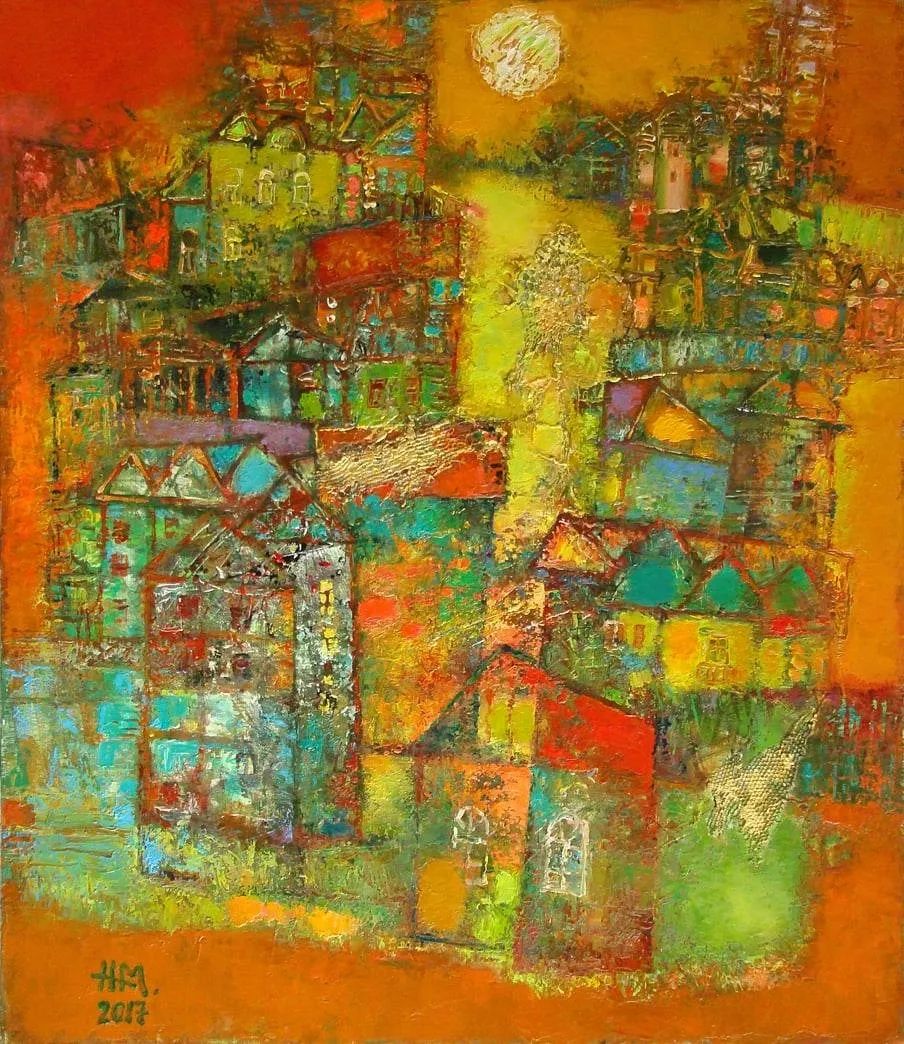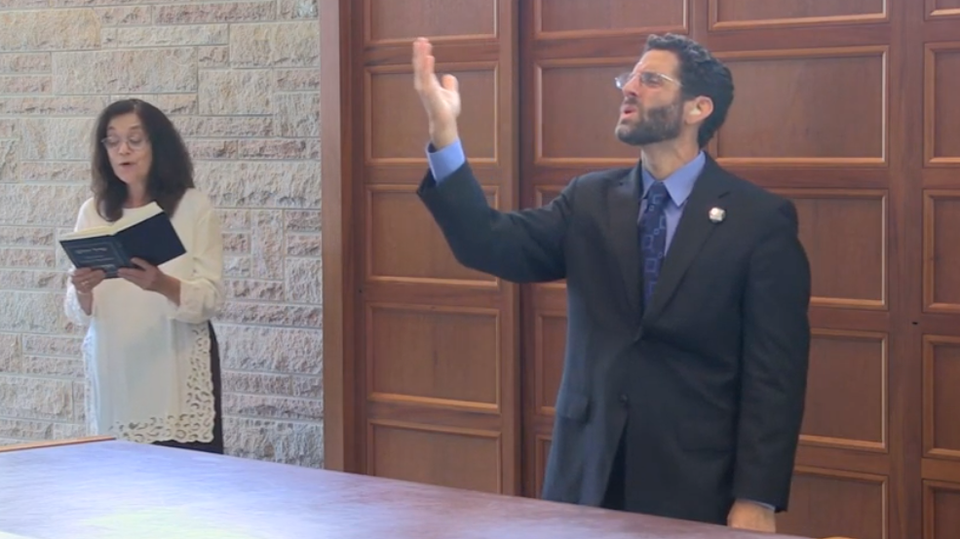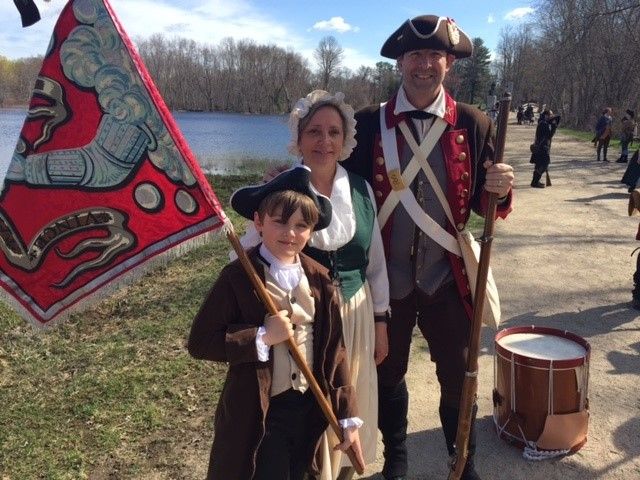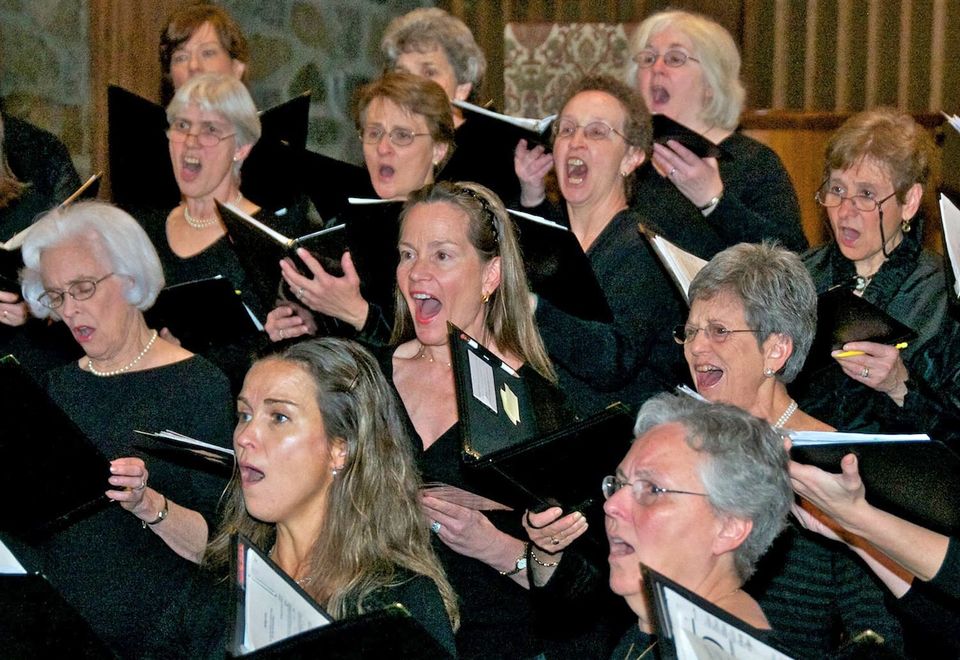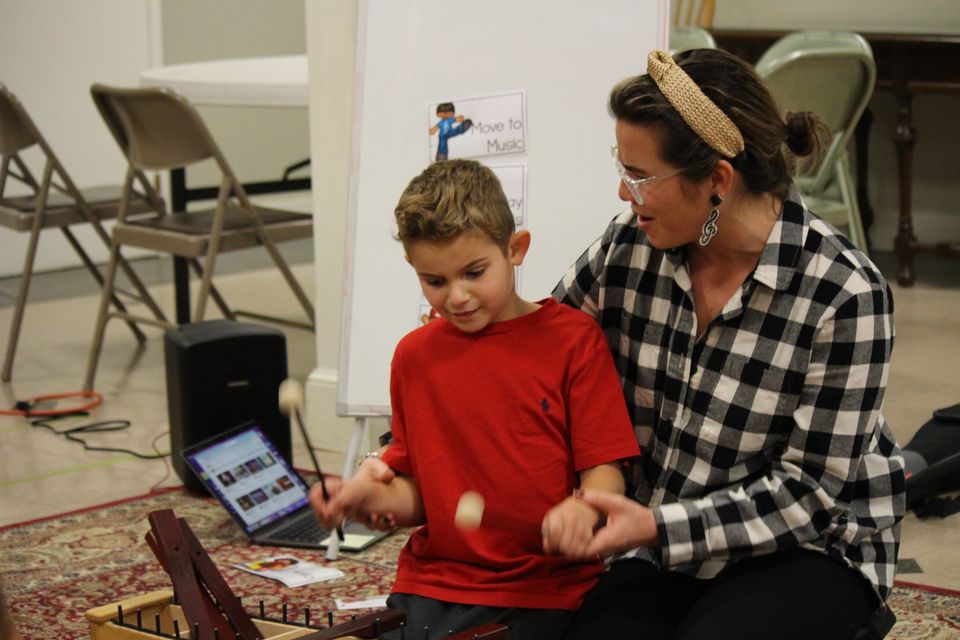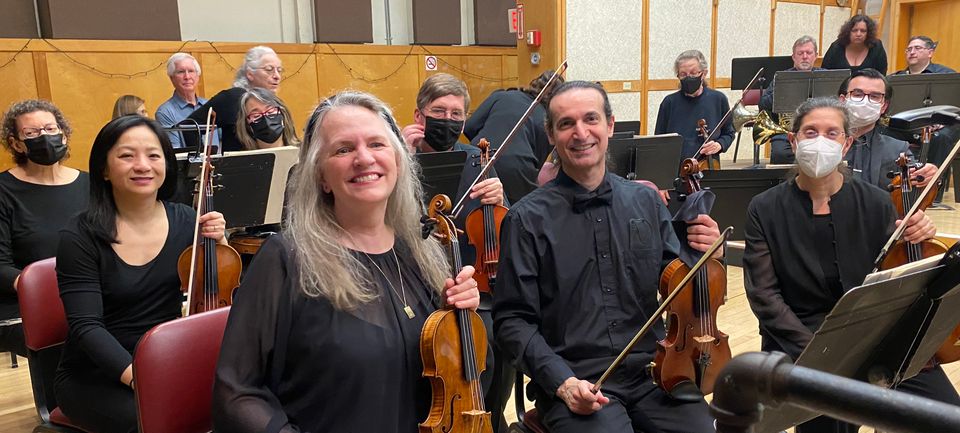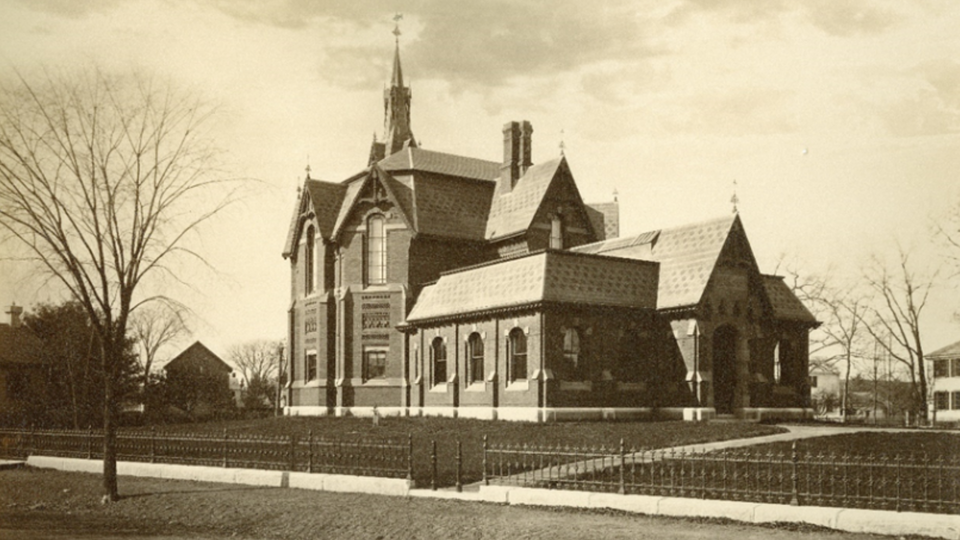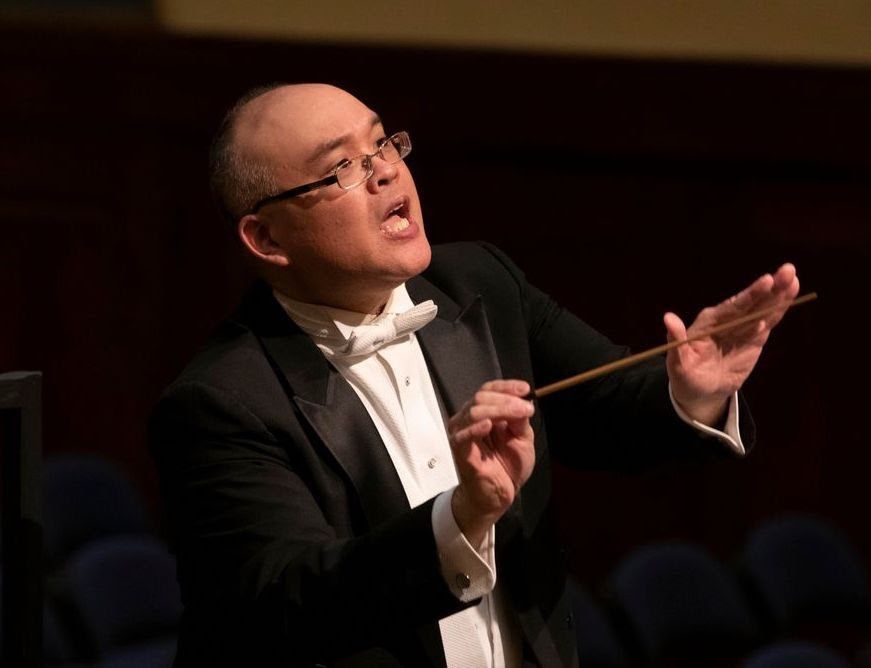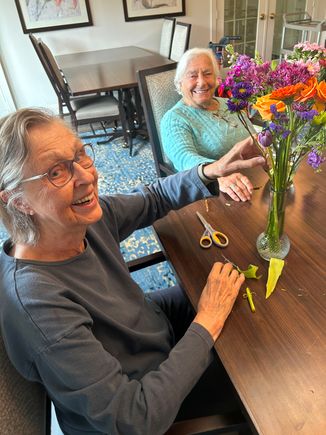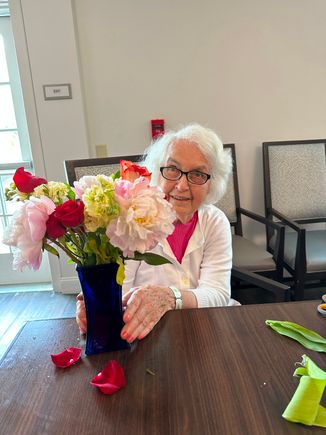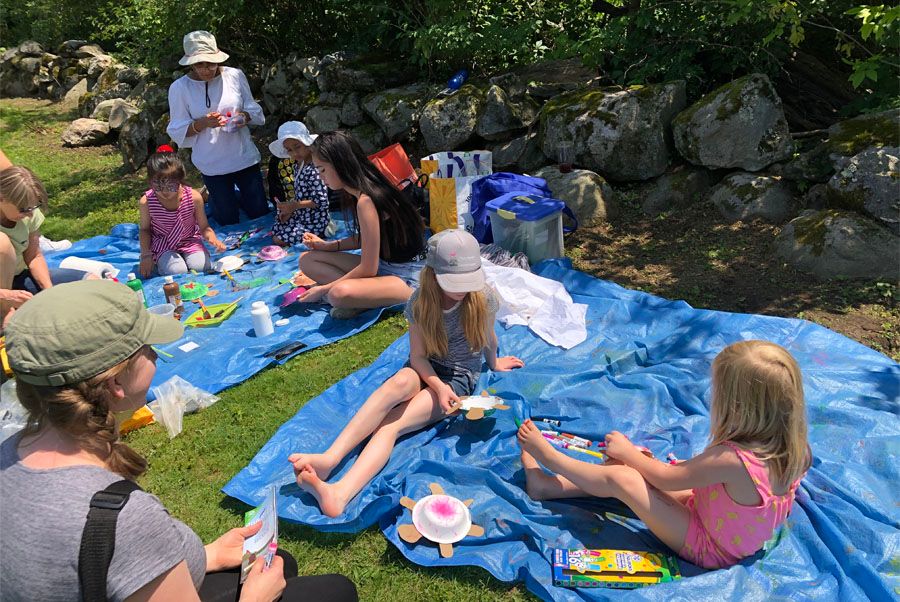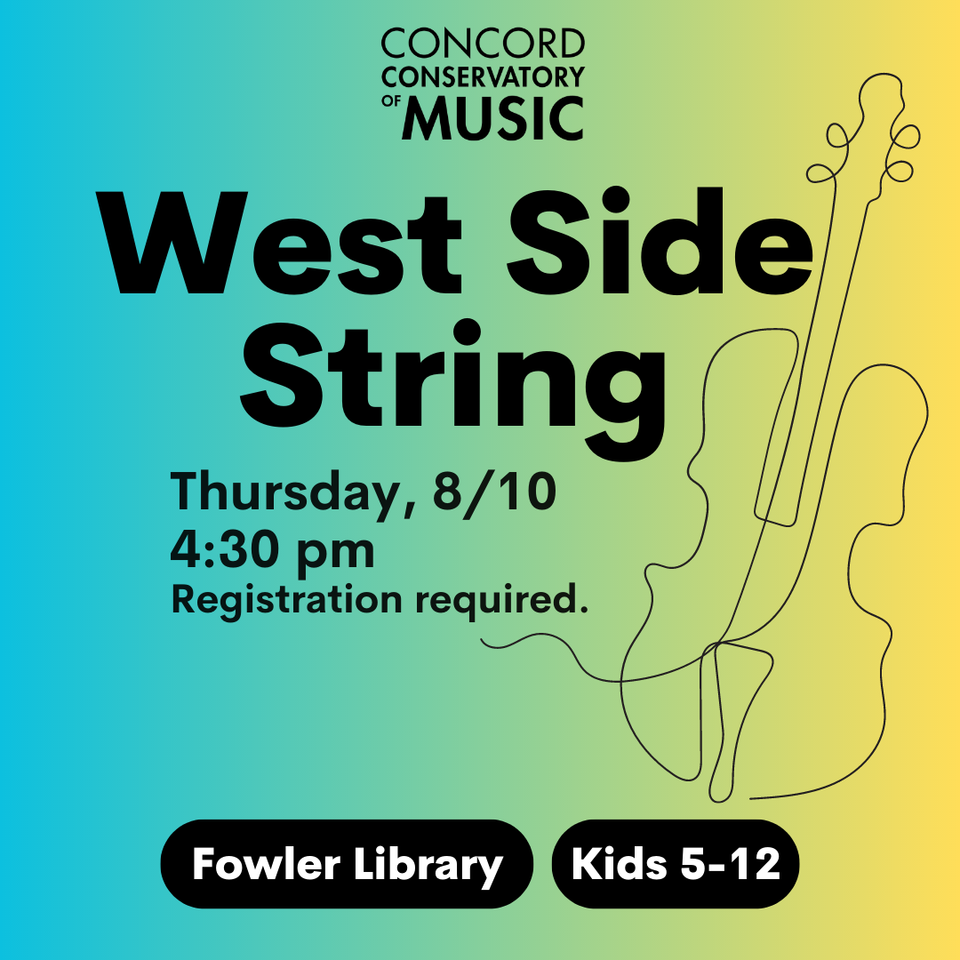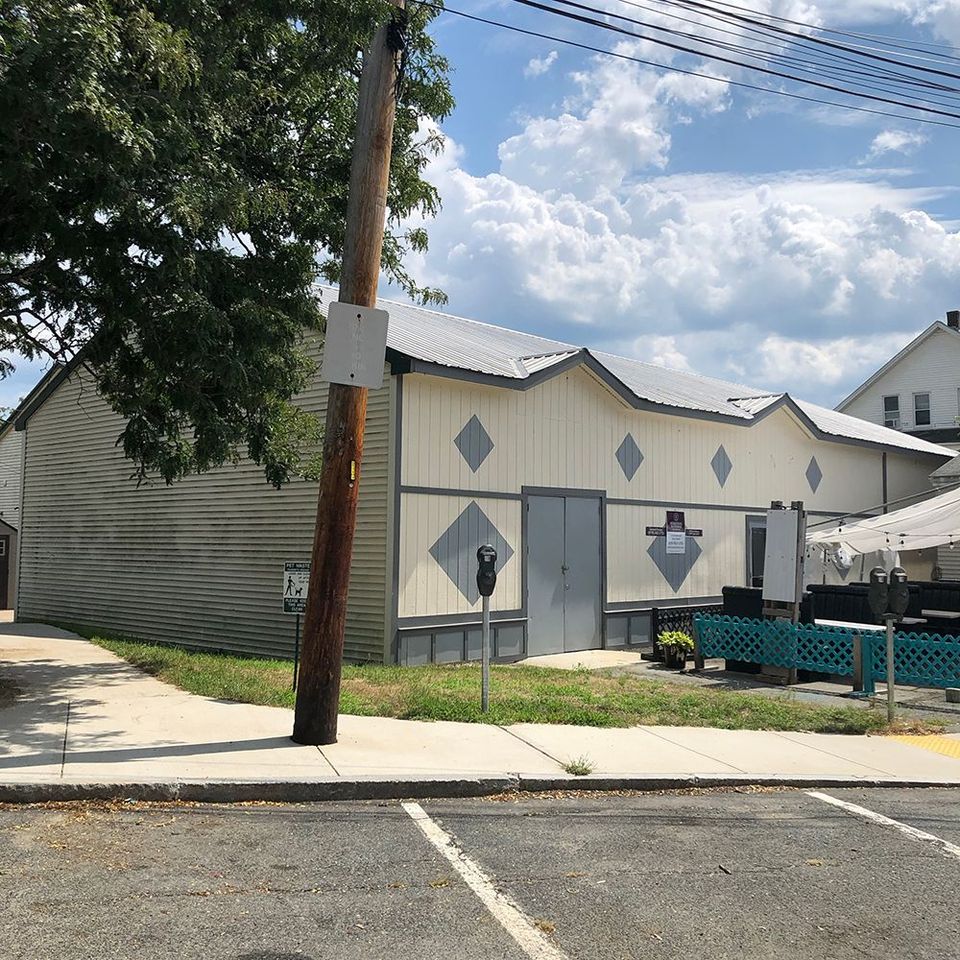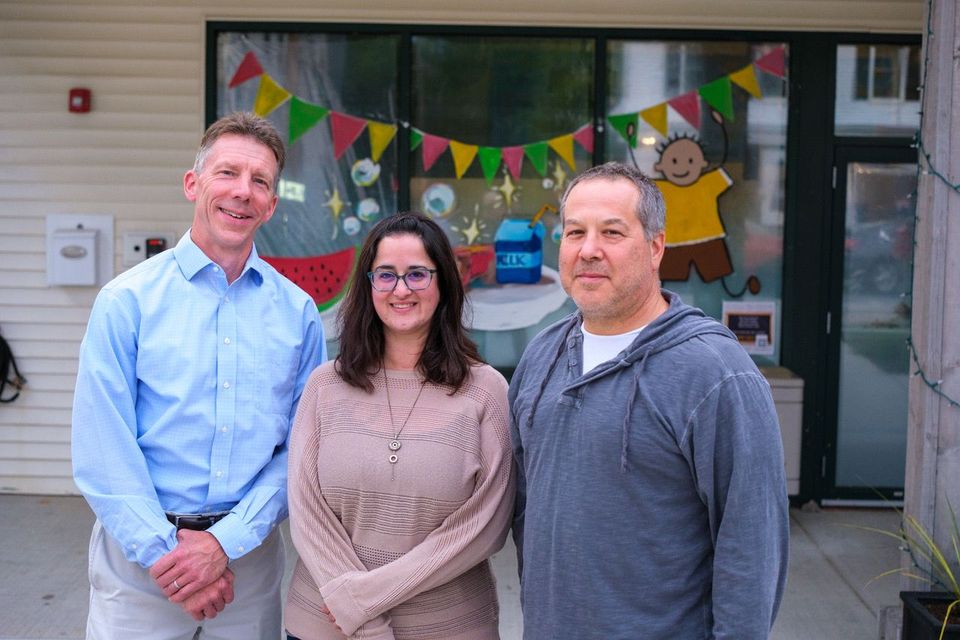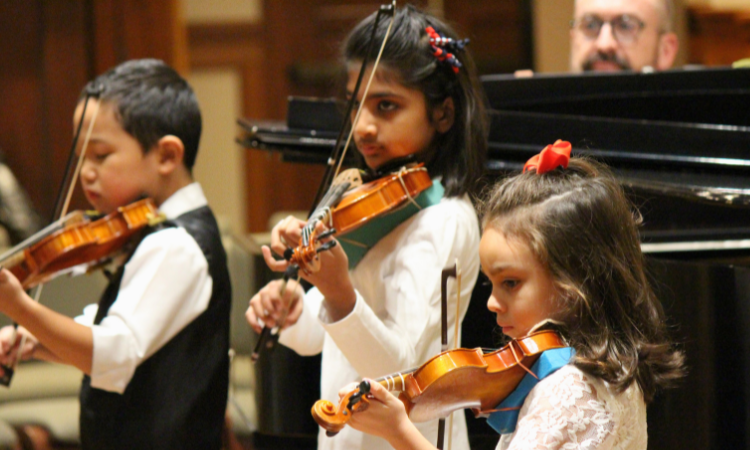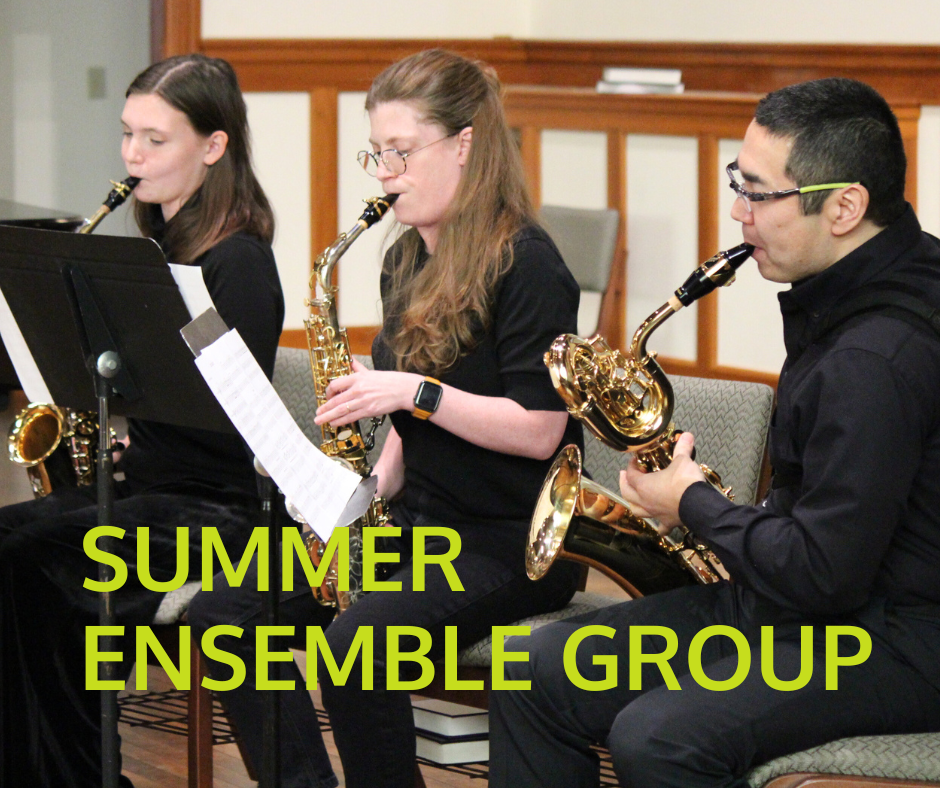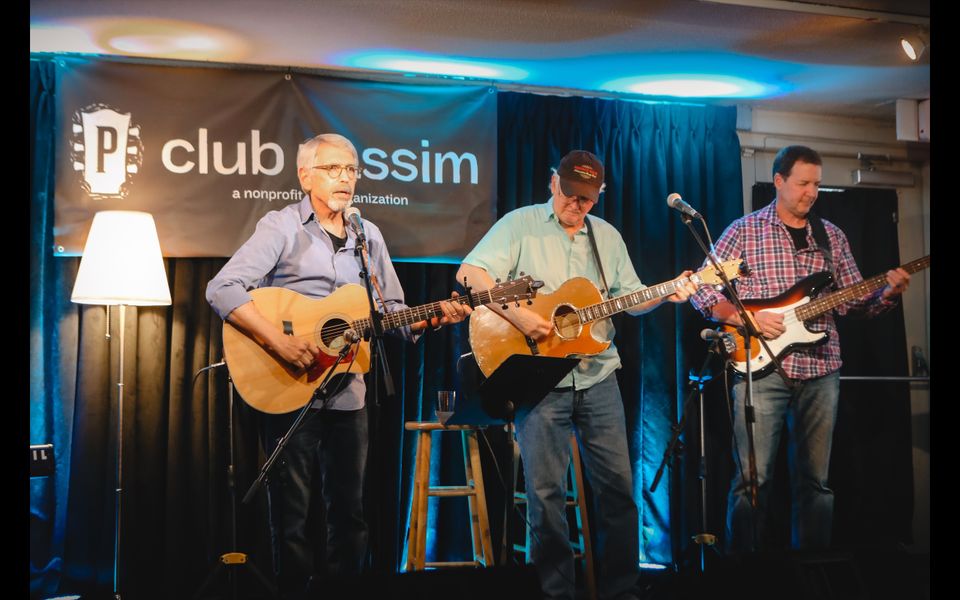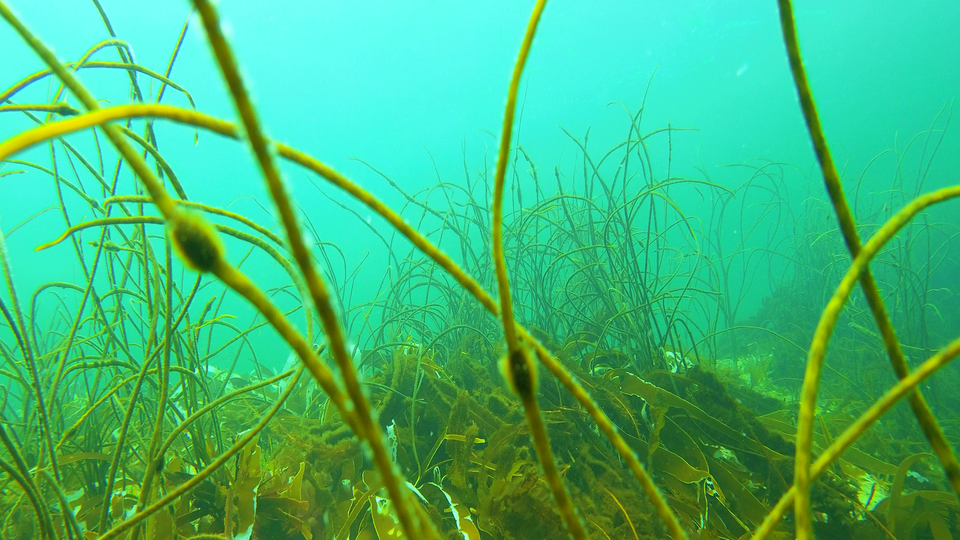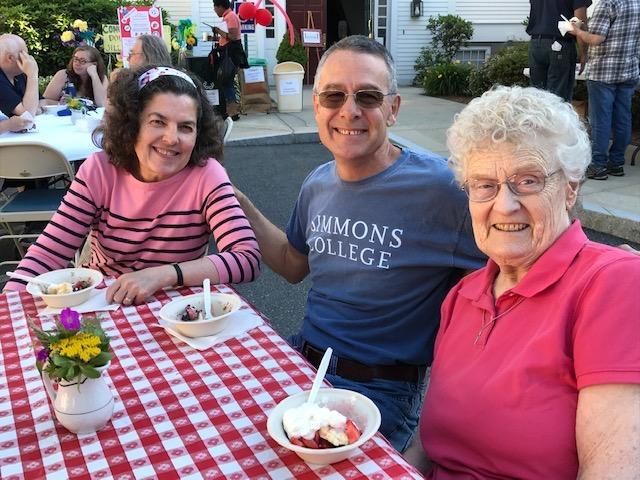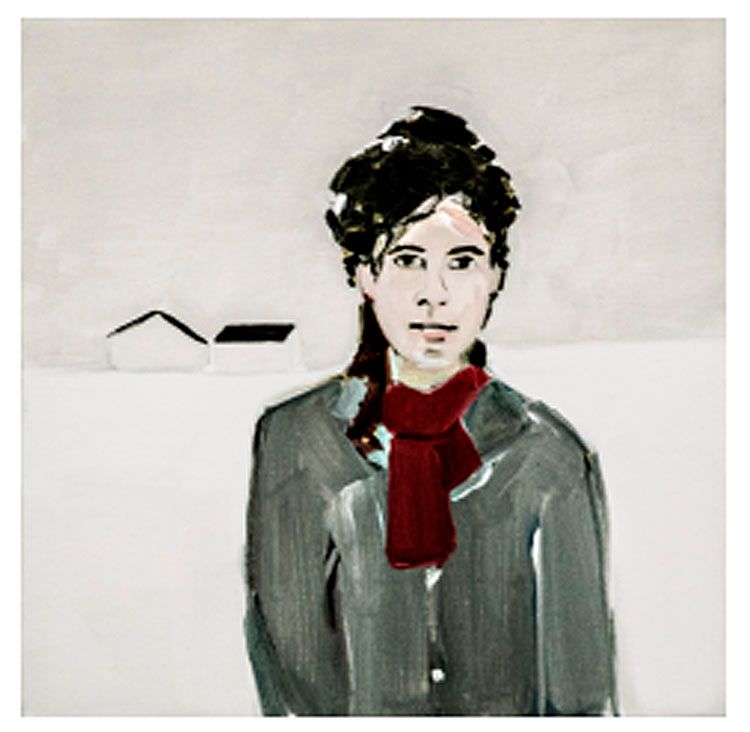
Concord Festival of Authors Explores the Art of Storytelling in October 2023
CONCORD: The 31st annual Concord Festival of Authors (CFA) celebrates the written and spoken word with top-notch literary events throughout town on October 20-30. Managed by the Friends of the Concord Free Public Library (CFPL), this year’s CFA also honors the library’s 150th anniversary as a community home for readers of all ages.
The 2023 CFA kicks off with keynote speaker Jennifer De Leon (pictured), author most recently of Borderless, who will discuss “The Power of Storytelling” on October 20 at 7pm in the CFPL’s Goodwin Forum. The CFPL will also feature the Friends of the CFPL’s Ruth Ratner Miller Memorial Award for Excellence in American History recipient Robert Gross on October 21 at 7pm, and author/ illustrator Chris Van Dusen will give the 11th annual Leslie Riedel Memorial Lecture for Young People on October 22 at 4pm. In celebration of the library’s 150th anniversary, the CFPL Corporation presents award-winning author and Boston College professor Elizabeth Graver on October 27 at 7pm.
The popular CFA Breakfast with the Authors returns to Concord’s Colonial Inn this year on October 28 at 8:30am, featuring longtime moderator and Concord resident Dr. Suzanne Koven with esteemed authors Julie Carrick Dalton (The Last Beekeeper), Marie Myung-Ok Lee (Hurt You) and Sandeep Jauhar (My Father’s Brain: Understanding Life in the Shadow of Alzheimer’s). Tickets will be available at the Barrow Bookstore and Concord Bookshop as well as online through the CFA website.
The third LIVE storytelling program, The Stories of Us, will be a CFA featured event at the CFPL on October 25 at 6:45pm. Created by Be Well Be Here in collaboration with Communities Organized Against Racism (COAR) and Carlisle DEIB, The Stories of Us was modeled after The Moth as a forum for impactful community conversation, and features surprise local presenters who share powerful personal stories that inspire our common humanity. Other events at the CFPL include The Robbins House’s program with celebrated young adult author Ray Anthony Shepard on October 21, a Poetry Panel on October 29 and the final CFA event, Mystery Night on October 30.
Local organizations presenting events at the CFA 2023 include: the Umbrellas Arts Center (The Art of Self-Expression Workshops on October 21), the Transcendentalism Council (Harvard Divinity School lecturer Dan Makanan on October 23); Concord Museum (historian David Hackett Fisher on October 24), Orchard House (author Virginia Pye on October 28), Thoreau Society (the annual Thoreau Prize awarded to Terry Tempest Williams on October 28), and Barefoot Books (Mariana Llanos on October 29).
“CFA programs showcase diverse experiences and voices that honor the evolving literary history of Concord, MA,” says CFA Curator Lara Wilson. “The CFPL Friends and the festival planning team of volunteers work hard to offer meaningful community storytelling events that spark thoughtful conversations at the CFA every October.”
The 2023 CFA kicks off with keynote speaker Jennifer De Leon (pictured), author most recently of Borderless, who will discuss “The Power of Storytelling” on October 20 at 7pm in the CFPL’s Goodwin Forum. The CFPL will also feature the Friends of the CFPL’s Ruth Ratner Miller Memorial Award for Excellence in American History recipient Robert Gross on October 21 at 7pm, and author/ illustrator Chris Van Dusen will give the 11th annual Leslie Riedel Memorial Lecture for Young People on October 22 at 4pm. In celebration of the library’s 150th anniversary, the CFPL Corporation presents award-winning author and Boston College professor Elizabeth Graver on October 27 at 7pm.
The popular CFA Breakfast with the Authors returns to Concord’s Colonial Inn this year on October 28 at 8:30am, featuring longtime moderator and Concord resident Dr. Suzanne Koven with esteemed authors Julie Carrick Dalton (The Last Beekeeper), Marie Myung-Ok Lee (Hurt You) and Sandeep Jauhar (My Father’s Brain: Understanding Life in the Shadow of Alzheimer’s). Tickets will be available at the Barrow Bookstore and Concord Bookshop as well as online through the CFA website.
The third LIVE storytelling program, The Stories of Us, will be a CFA featured event at the CFPL on October 25 at 6:45pm. Created by Be Well Be Here in collaboration with Communities Organized Against Racism (COAR) and Carlisle DEIB, The Stories of Us was modeled after The Moth as a forum for impactful community conversation, and features surprise local presenters who share powerful personal stories that inspire our common humanity. Other events at the CFPL include The Robbins House’s program with celebrated young adult author Ray Anthony Shepard on October 21, a Poetry Panel on October 29 and the final CFA event, Mystery Night on October 30.
Local organizations presenting events at the CFA 2023 include: the Umbrellas Arts Center (The Art of Self-Expression Workshops on October 21), the Transcendentalism Council (Harvard Divinity School lecturer Dan Makanan on October 23); Concord Museum (historian David Hackett Fisher on October 24), Orchard House (author Virginia Pye on October 28), Thoreau Society (the annual Thoreau Prize awarded to Terry Tempest Williams on October 28), and Barefoot Books (Mariana Llanos on October 29).
“CFA programs showcase diverse experiences and voices that honor the evolving literary history of Concord, MA,” says CFA Curator Lara Wilson. “The CFPL Friends and the festival planning team of volunteers work hard to offer meaningful community storytelling events that spark thoughtful conversations at the CFA every October.”





